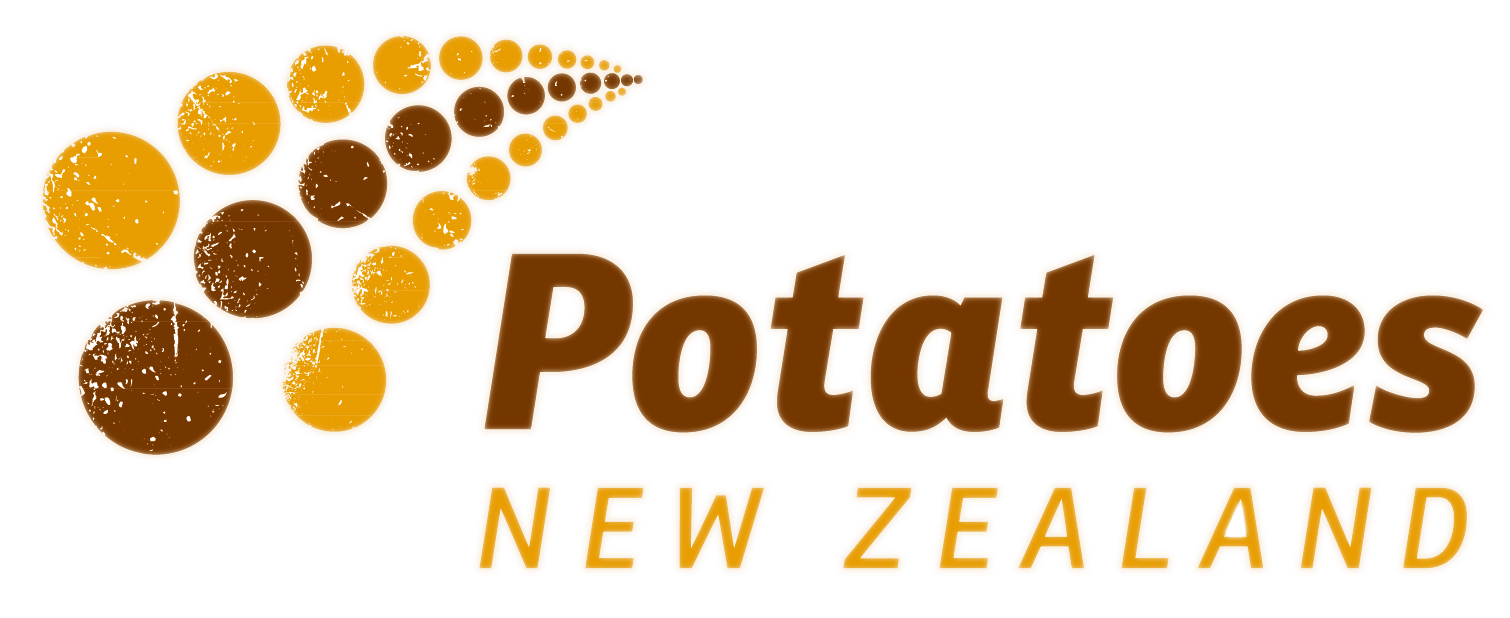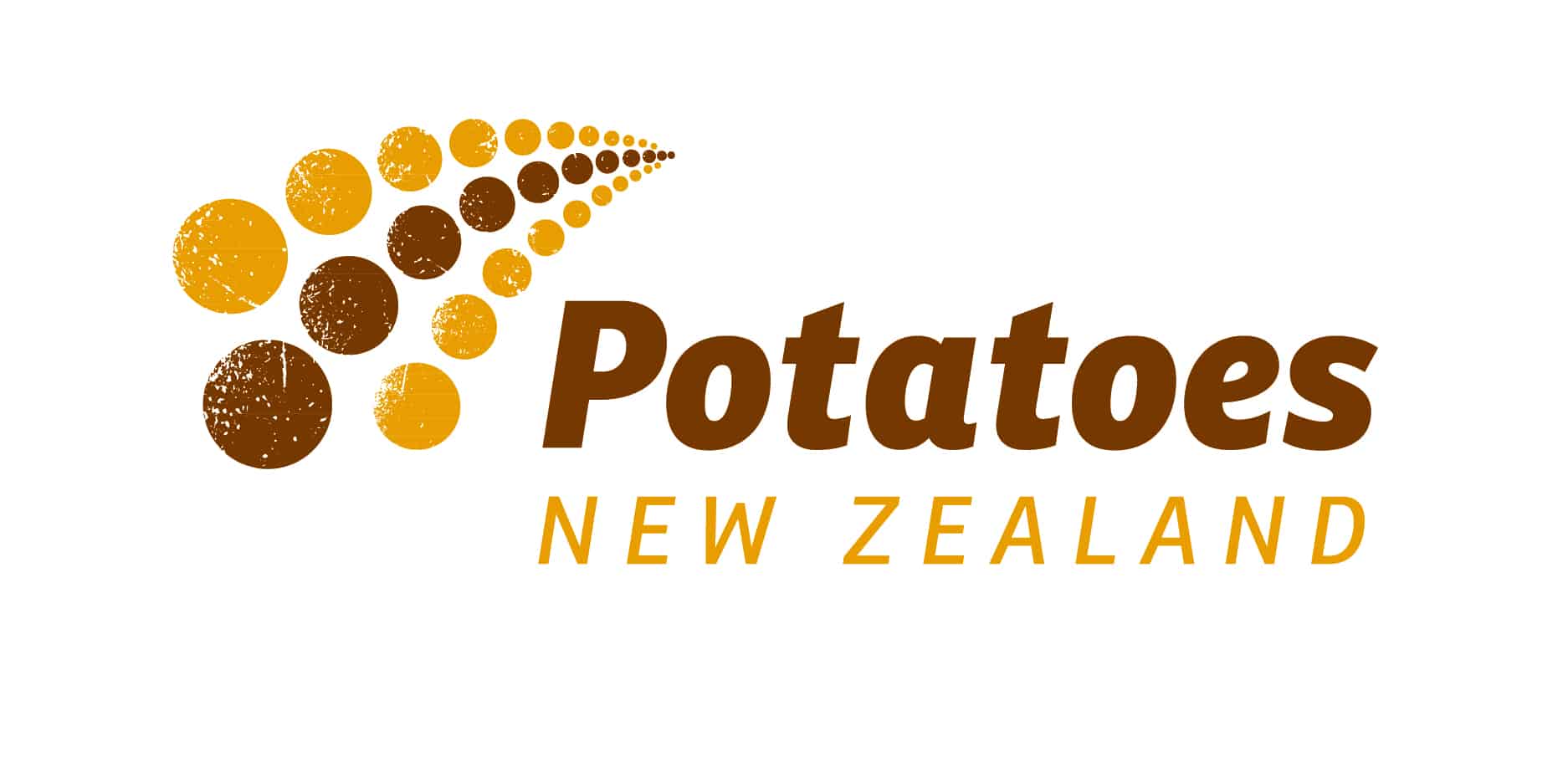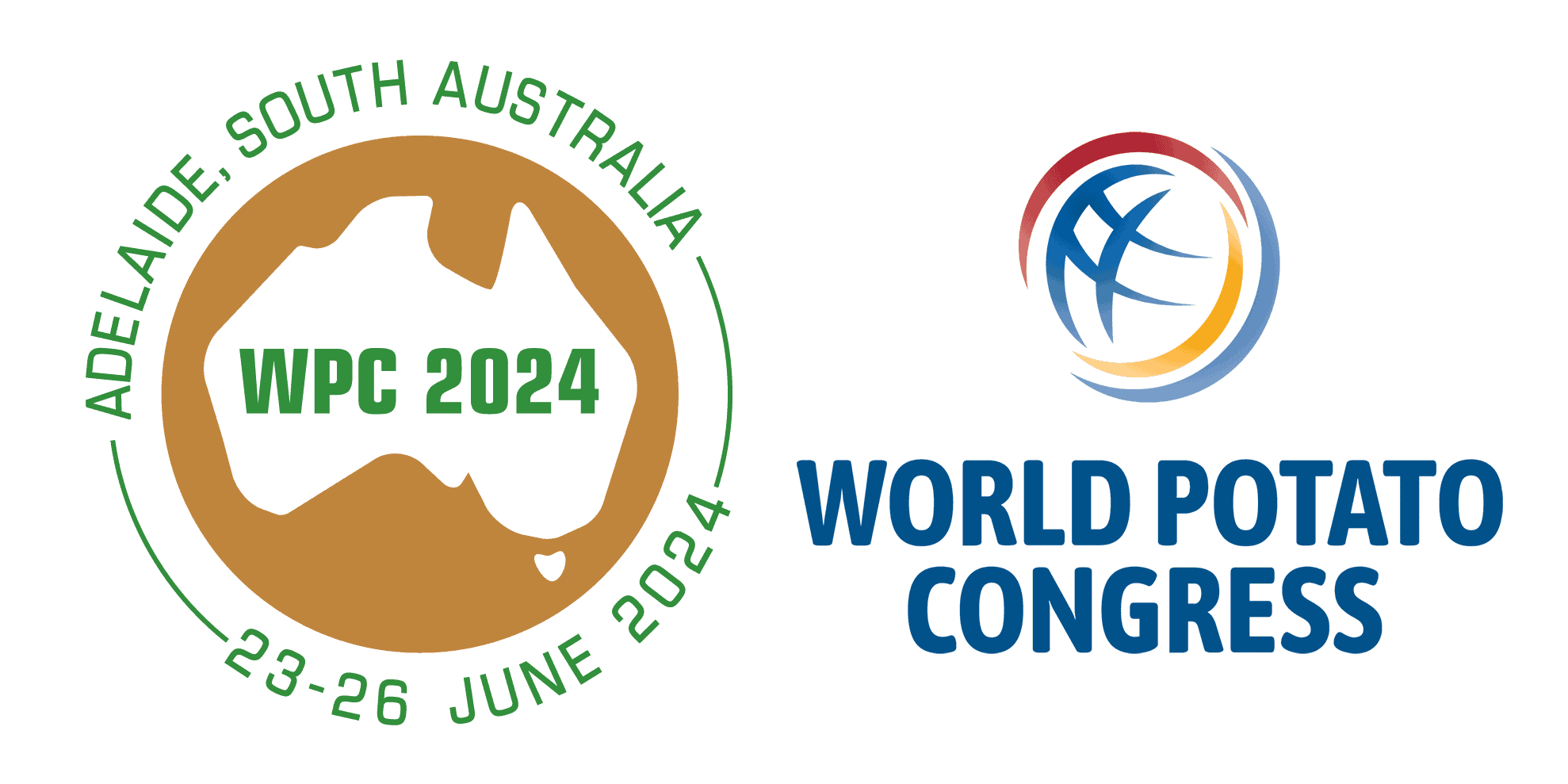At the recent Potatoes NZ Grower Talks, Jen Linton (Research Manager for FAR) provided a high-level update on a selection of the current research projects…
Research for the 2017/18 season is well underway with trials planted and research programmes half way through their investigation. Research is being undertaken with both processing and seed crops and in Canterbury, Manawatu and the wider Pukekohe region.
Progress with the main research areas for the upcoming season is as follows:
Increasing potato yield through understanding the impact of crop rotation and soil compaction (Sustainable Farming Funding, FAR project P15-01)
- This year will be the third and final year of the project.
- One aspect not addressed in Years 1 and 2 was the effect of pre-plant (potato) cultivation on the soil quality. By the time these questions were posed, cultivation work for spring 2017 potato crops was well underway, and some early passes (including those in autumn 2017) already completed, therefore the timeline needed to undertake this research would not fit into the third year of this SFF project. It was decided to save this work for a future project and instead continue to pursue the seed health issue, which left some unanswered questions from Year 2.
Hot and cold psyllids (FAR project P17-04)
- The aim of the investigation is to provide data on TPP trapping numbers across a range of sites in Canterbury and Pukekohe and from those traps, to test TPP for the presence of From this we will be able to provide growers with data on any developing hot spots and where in Canterbury they originate.
- Fruitfed are responsible for trapping and counting TPP, native psyllids and beneficial insects. Psyllids will then be extracted from sticky traps and sent to Hill Laboratories as composite samples for CLso testing through qPCR.
Mesh coverings for pest management (FAR project P17-06)
- Project to commence in the upcoming weeks. Trial site and external collaborative parties have been confirmed.
- Two aspects will be investigated this season:
- The commercial viability of mesh under a pivot irrigator
- Whether or not desiccation is still effective under mesh in a seed crop
Improving the quality of seed potatoes using precision agriculture (Sustainable Farming Fund, FAR project P17-01)
- Improving the quality of seed potatoes using precision agriculture is a three year, FAR- led MPI SFF project looking at improving the quality of seed potatoes in New Zealand. Desiccation and re greening is a major problem for our seed growers, as is controlling virus and CLso infected tubers. The project will evaluate ways to overcome these issues.
Formalin efficacy (FAR project P17-05)
- The aim of the trial is to evaluate different formalin concentrations to understand their impacts on yield. Both whole and cut seed is being used to determine the role of cutting of seed also. Four formalin strengths are being investigated in both cut and whole seed.
Nutrient use efficiency (FAR project P17-03)
- The nutrient use efficiency indicator, NUE%, is the ratio between the amount of fertiliser nitrogen (N) removed with the crop and the amount of fertiliser N applied, expressed as a percentage. It is only a partial nutrient balance because it does not measure the soil nitrogen supply and removal processes, but nevertheless, it can provide useful information about N management in the crop. This approach has been used successfully for the Tasmanian potato industry. It has been proposed as an agro- environmental indicator because it is based on easy to collect farm information and farmers can understand where the efficiency percentages have come from.
- Objectives for the project include:
- Is NUE percentage a useful indicator for NZ potato growers?
- What can we learn from a set of grower NUE percentages?
- How do farmers make their fertiliser decisions? – Opportunity to look at GMPs for nutrient management and link directly to Quick N project.
- Is the Tasmanian tool useful for NZ growers? If so does it need to be New Zealand-ised and what can we learn from it?
Any questions or comments please use our contact form to email Chris Claridge (Potatoes NZ) or Jen Linton (FAR). Alternatively you could call 0800 399 674.




